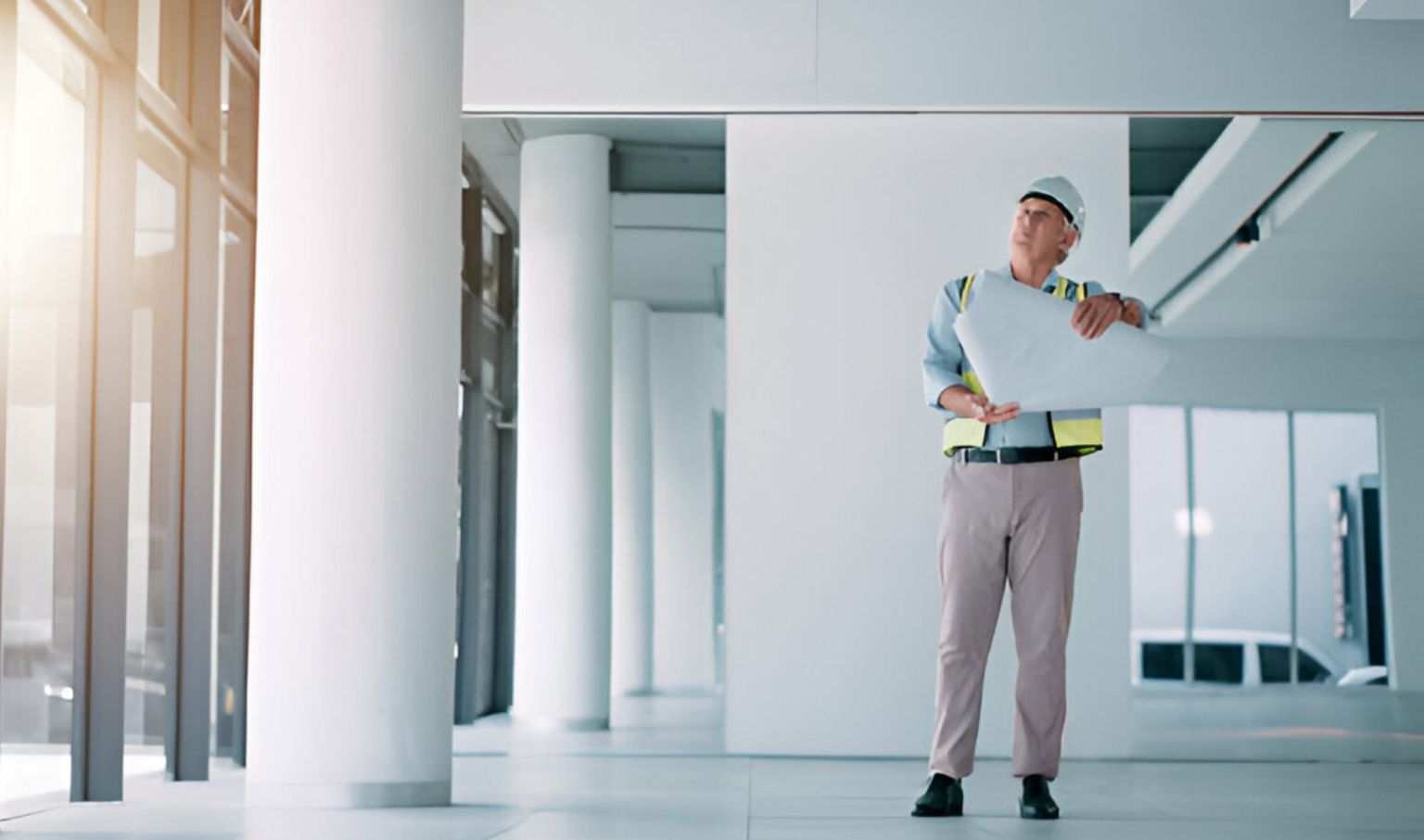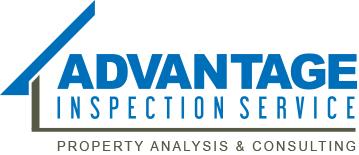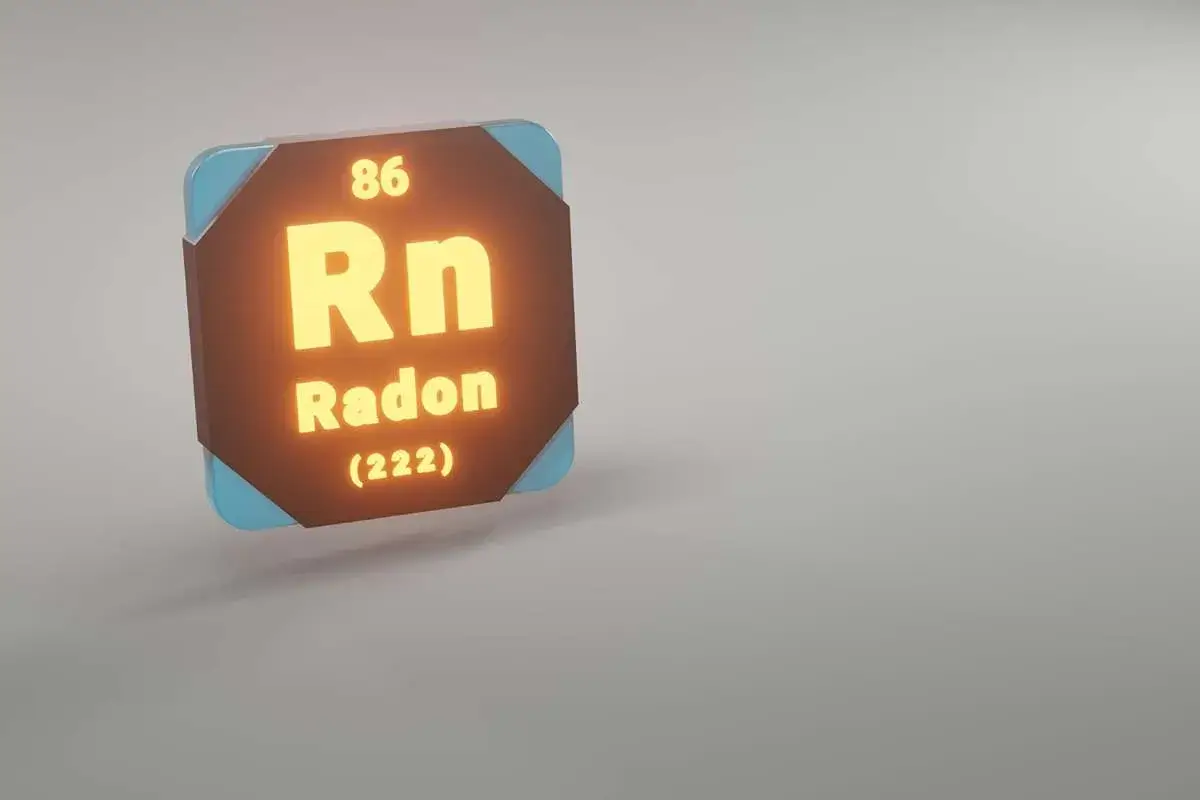When people think about home safety, they often picture locks on doors or smoke detectors…

A Buyer’s Guide to Commercial Building Inspections
When buying a commercial building, you get to choose from lots and lots of options. In Arizona alone, it’s reported that the number of commercial buildings has reached 1,287. So, this might become quite confusing. You might end up asking, should I buy this one or not?
The point is that you’ve ample options, and you’re making a big investment. So it’s better to be extremely certain about the property’s condition. Also, considering the fact that commercial building is a big investment, you need to get an inspection.
Good commercial building inspections highlight the property’s actual condition and the associated repair costs. So, read on to get insights into these inspections and what to expect from them.
The Importance of Commercial Building Inspections
The importance of commercial inspections can’t be emphasized enough. You’re buying (more likely, investing) a place for your business, so you don’t want any financial pitfalls embracing it. A building inspection can help determine whether the building is worth it.
At first, you might think you’re getting a great deal. But don’t give all in until you actually get the reassurance. As, there’s always a possibility of hidden issues. Not to mention, this might also decrease the property value.
These issues range from poor workmanship to building code violations and poor maintenance.
The results of these inspections can be quite beneficial for you in many ways. These will help you know the building’s features and overall condition. Thus protecting your investment. Furthermore, you’ll get great insights into the repairs that might come to the surface right after you buy the property. Or maybe there might be some other issues that you can’t fix and need replacement. So, buying a property with such surprises coming your way isn’t a smart move.
Furthermore, you’ll also get a better understanding of the building’s marketability and value. With comprehensive inspections, you can also negotiate a lower price with the seller. This will ensure the quality of the appliances and systems in the building. This will further help you seek the right upgrades or count on those already in the building.
What Do Building Inspectors Look For?
Evacuation Plan
The very first thing a building inspector will look for is the evacuation plan. This will help them determine that you have an emergency plan in place whenever the need arrives.
In some cases, inspectors might also ask you to run a practice drill. This will help ensure that you’re well-versed and ready whenever needed. The inspector will evaluate every aspect of the plan, which will help them understand that you’re ready for every scenario. This could be a natural disaster, bad weather, or a fire outbreak.
Furthermore, the inspector will assess whether there is a plan in place for the disabled. This will show that whatever business you run is committed to keeping everyone safe.
Fire Systems and Emergency Plans
These are another couple of important factors that the inspectors will surely look for during the inspection. For both of these, the inspectors will test different devices. They will also evaluate systems like sprinkler systems, alarm tests, and exit signs.
The U.S. Fire Administration estimates that from 2017 to 2019, fire departments in the United States received reports of 106,700 annually. This was for multifamily residential building fires. Together with kitchens or cooking facilities, these fires are the main cause of all building fires. And these result in significant losses. Furthermore, because of their population, several nonresidential buildings have the highest risk of experiencing mass casualties. Examples of these buildings are hospitals, major corporate buildings, and restaurants.
The most important part of this step is the inspector also checks that the building follows local regulations and laws that your building must adhere to.
The Building’s Five Major Systems
Generally, commercial buildings have five major systems. This includes plumbing, electrical, HVAC, and mechanical. During the process, inspectors ensure that all of these are in good working order. If they find out the system is not in good working order, the inspector might estimate the repair (or replacement) cost in their inspection report.
The Building’s Exterior
You’re mistaken if you think the exterior includes just the building’s outer walls. It also includes other elements like roofing, parking lots, landscaping, and structure. The inspection will help the inspector determine the building’s structural soundness. Furthermore, they will also highlight the necessary repair costs. These will be associated with any major issues found during the inspection.
Moreover, the inspectors will also consider the insights provided by the construction contractors, roofing experts, building code inspectors, and outside experts. This all is to assess the structural integrity of the building’s exterior thoroughly.
The Building’s Interior
This is a primary purpose of the inspection and has two purposes. Number one is to check the risks and hazards directly related to safety. Number two is to inspect that the interior spaces comply with the local building codes.
This is why, during the process, inspectors will look at the floors, walls, bathrooms, kitchen spaces, and offices. The list can go on depending on the requirements of the commercial property inspection.
It’s safe to say that this is the major part of the inspection process as it highlights whether the building requires further renovations or not. And you might need to renovate when anything within the building doesn’t comply with the building codes.
The Building’s Documentation
This is another important step of a building inspection. The inspectors will review the appraisals, building plans, certificate of occupancy, citations, construction permits, and evacuation studies. They will also review the maintenance records, floor plans, and surveys.
All of these records will help reveal the building’s actual cost. This will further help you in determining the true value of the property. Later, the inspector will compile their findings in a Property Condition Report.
The report will document the observations’ written evidence and photos to support their findings. It will also include any recommendations that the inspector might make. These can be about a request made for follow-up testing by a specialist or how to fix the issues. Also, there will be a cost estimate for potential replacements and repairs.
Conclusion
Buying a commercial property requires careful consideration and thorough inspection.
By prioritizing commercial building inspections, you can uncover potential issues and risks associated with the property. This will empower us to negotiate effectively and mitigate future liabilities. A thorough inspection helps in successful transactions and long-term investments, from evaluating evacuation plans to assessing building documentation.
With diligence and attention to detail, you can proceed with confidence. You will be confident that you have taken the necessary steps to protect your interests. This will also help you secure a sound commercial property investment.
Ready to secure your peace of mind and make an informed decision? Contact Advantage Inspection Service today to schedule your comprehensive property inspection. Our experienced professionals are here to provide you with thorough and reliable assessments. They will ensure that you have all the information you need to move forward confidently. Schedule your inspection today and make your investment worth it.



